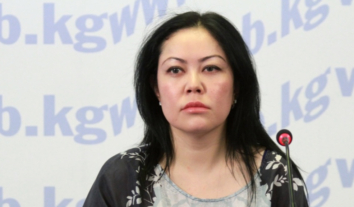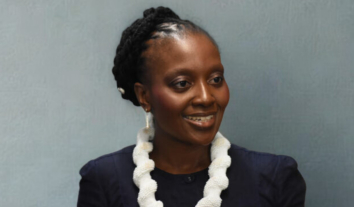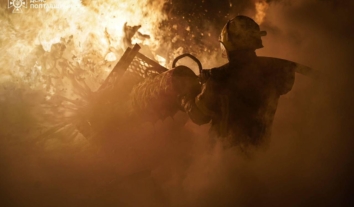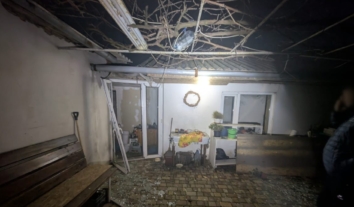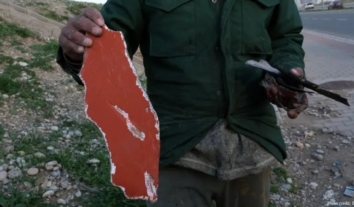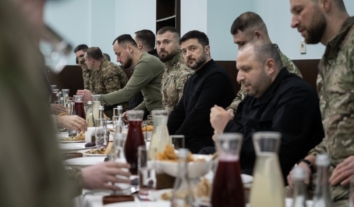From Bakhchysarai to Vermont: а Crimean Tatar teen’s journey of resilience
My name is Sabri, I am 15 years old. The roots of my family come from Bakhchysarai, a picturesque town in Crimea, in the center of which the khans once ruled in a palace.
On May 18, 1944, the Crimean Tatar people were deported, a terrible crime of the Soviet regime against the existence of the entire nation. My ancestors’ families were deported to Uzbekistan in freight cars; my grandparents were 4 years old. During the first year and a half after the exile, about 40% of the Crimean Tatar population died, including my ancestors and relatives. My family members were able to return to their native land more than 30 years later.
I was born in the city of Simferopol and lived in Crimea until I was 7 years old, often visiting my grandmother and spending time with friends.
In 2014, my family was forced to leave their home after Russia occupied the peninsula in violation of all international laws. My father is a law enforcement officer who did not betray his oath to the Ukrainian people, and we moved to mainland Ukraine. We settled in Bucha, a quiet town near Kyiv. I went to the first grade there, made friends, practiced Crimean Tatar dancing, studied the language and history at the cultural center, and had a good time with my family. That was until Russia’s full-scale invasion of Ukraine began.
On February 25, a few hours before the Russian tanks entered the city, we left Bucha and spent 40 hours on the road, heading towards the western Ukraine. We spent three months in the small town of Perechyn, and in June, after the de-occupation of Bucha, we returned to our hometown. A Russian shell hit between the eighth and ninth floors of our house, and our apartment, fortunately, remained intact.
The images of destroyed houses, bridges, and roads were so strange after eight years of living in a clean and beautiful city. The buildings were gradually being restored, and in September we returned to school. I spent the next summer participating in the selection process for student exchange programs in the United States, and I am currently spending my first year in Vermont as an 11th grader.
I definitely see the future of my people as bright, they have gone through all these hardships, but have not lost their identity, language, and culture. We have a great future ahead of us, and we are fighting for it, and we will win, so that our children can see a peaceful future.
The letter of Sabri was provided to ZMINA by theVoices of Children” Charitable Foundation



